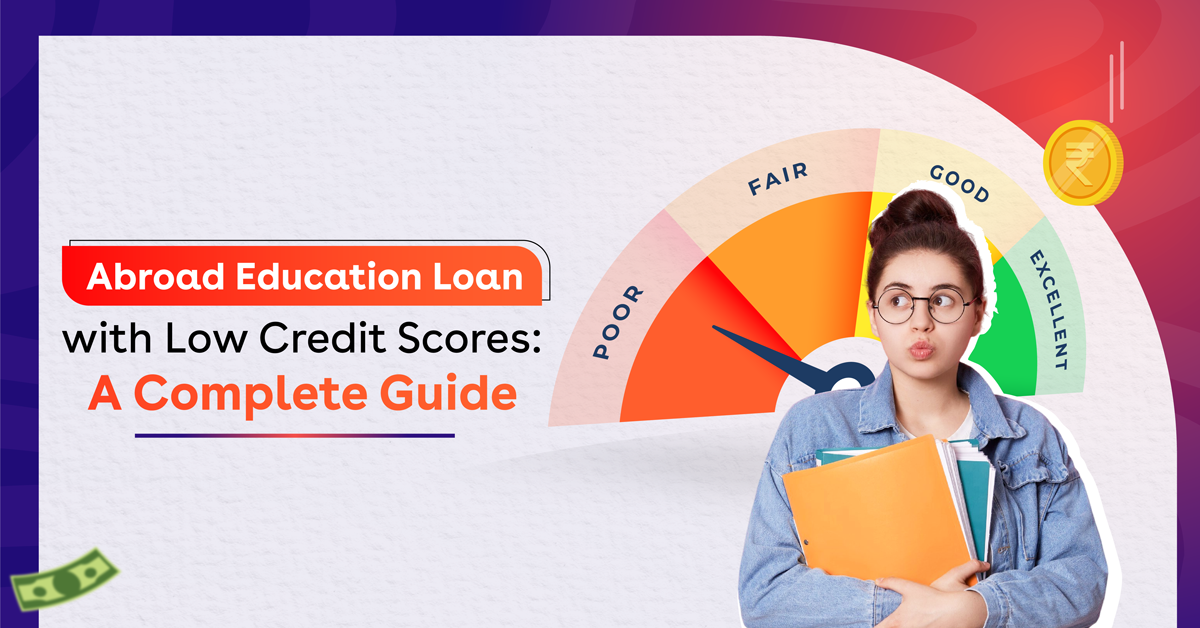Abroad Education Loans: Government Banks Vs Private Banks
Study overseas aspirants willing to pursue their higher studies abroad often look for financial support to fund their higher education and apply for education loans, scholarships, bursaries. In India, there are various financial institutions that are divided into two broad categories i.e., government banks and private banks. The functioning of these two types of banks is by enlarge similar but some of the factors like interest rates, moratorium period, processing fees, disbursement, etc differ from one another.
Government Banks are those banks where most of the stake in the banks is held by the government itself whereas, in the case of private banks, most of the shares are held by shareholders. Bank of Baroda, Bank of India, Central Bank of India, State Bank of India are the government banks whereas ICICI Bank, Axis Banks and HDFC Bank fall in the category of private banks.
10 Factors: Governement Banks Vs Private Banks
While choosing a suitable financial institution for a student loan to study abroad, one must consider the following factors:
Quantum of Finance
Overseas Education Loans are divided into two broad categories i.e., Secured Education Loans and Unsecured Education Loans. In the case of Secured Education Loans, government banks like SBI, BOB, have the maximum quantum of finance of up to 1.5 Crore whereas, for private banks like Axis Bank, ICICI Bank, the quantum of finance is between 75 lakhs to 1 Cr. For Unsecured Overseas Education Loans, the quantum of finance for the government bank is up to 7.5 lakhs whereas, for private banks, it is up to 40 Lakhs.
Rate of Interest
The Rate of Interest for both government and private banks varies from one another. ROI of private banks is higher as compared to government banks. With respect to overseas education loans, the interest rate offered by the State Bank of India and Bank of Baroda is between 8.5% to 9.5%. For private banks like Axis Bank and ICICI Bank, the rate of interest varies between 9% to 10% in the case of secured education loans and 11% to 13% in the case of unsecured education loans.
Processing Time
Government banks take the processing time of up to 3 weeks whereas private banks take up to 10 days for processing of overseas education loans. This is one of the reasons why we advise aspirants to apply for overseas education loans at least three months before the commencement date of the program.
Processing Fees
The processing fee that is charged by the private banks like ICICI Bank, Axis Bank is higher than those charges by the government banks like SBI, BOB, BOI, etc. To give an exact number, government banks charge the processing fee of 10,000 + GST whereas private banks charge up to 1% of the total education loan amount.
Disbursement
Both government and private banks disburse the education loan amount in the bank account of the respective university. For living expenses, these banks transfer the fund in the Forex card issued by the same bank from where the loan is availed.
Repayment Tenure
The Repayment Tenure is the time in which the applicant has to repay the education loan to the financial institution in the form of Equated Monthly Instalments (EMIs). The education loan EMIs begin after the completion of the moratorium period. Both Private Banks and Government Banks offer a repayment tenure of up to 15 years.
Moratorium Period
In an overseas education loan, the moratorium period is the time during the loan term when the applicant is not required to make any loan payment to the financial institution. In other words, it is the waiting period of around 6 to 12 months that is allotted to the students by lending institutions. Private banks offer a moratorium period of up to 6 months whereas, for government banks, it is up to 12 months.
Serving Simple Interest
In the case of government banks, serving simple interest is optional whereas, for private banks, it is compulsory to pay the simple interest after the disbursement of an overseas education loan.
Age Limit
Both government banks and private banks offer overseas education loans to applicants falling in the age bracket of 18 to 35 years of age. Applicants exceeding 35 must possess a strong academic and financial profile to get an education loan from these banks.
Tax Benefits
Under section 80E, both the types of financial institutions i.e., private banks and government banks are eligible to get tax benefits.
These are some of the important paraments that should be considered while choosing a suitable financial institution for education loan for abroad studies. Both government and private banks have their own pros and cons. It is advisable to contact us at E’LAN Loans as we assist students in choosing the perfect financial institution for their education loans.
Our loan experts have guided thousands of students till now and you can be one of them.
Book a FREE appointment to speak with our financial expert at E’LAN Loans.
- Share this Article
Articles on Overseas Education Loans

TCS on Overseas Education Loans as per Union Budget 2025
In an important update, the Union Budget 2025 has..
Saraswat Bank Overseas Education Loan
In an era of global education, where international degrees..

 Login
Login
